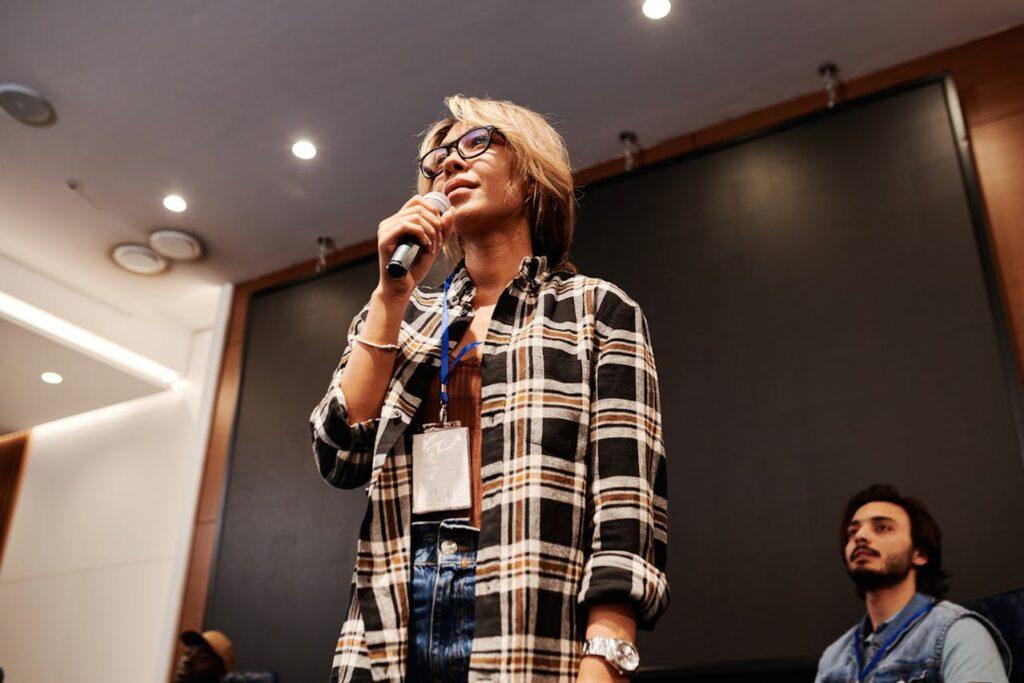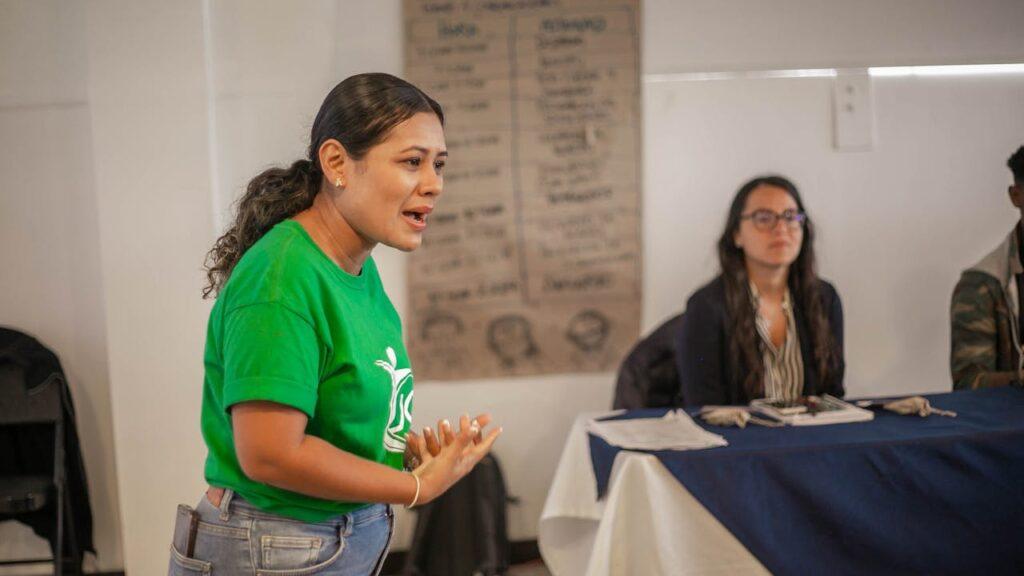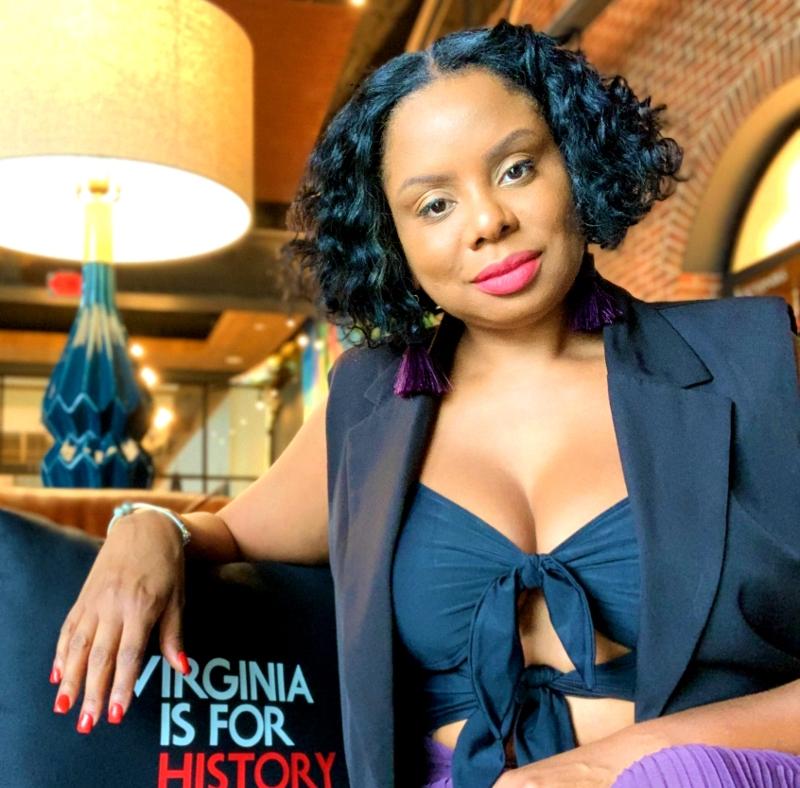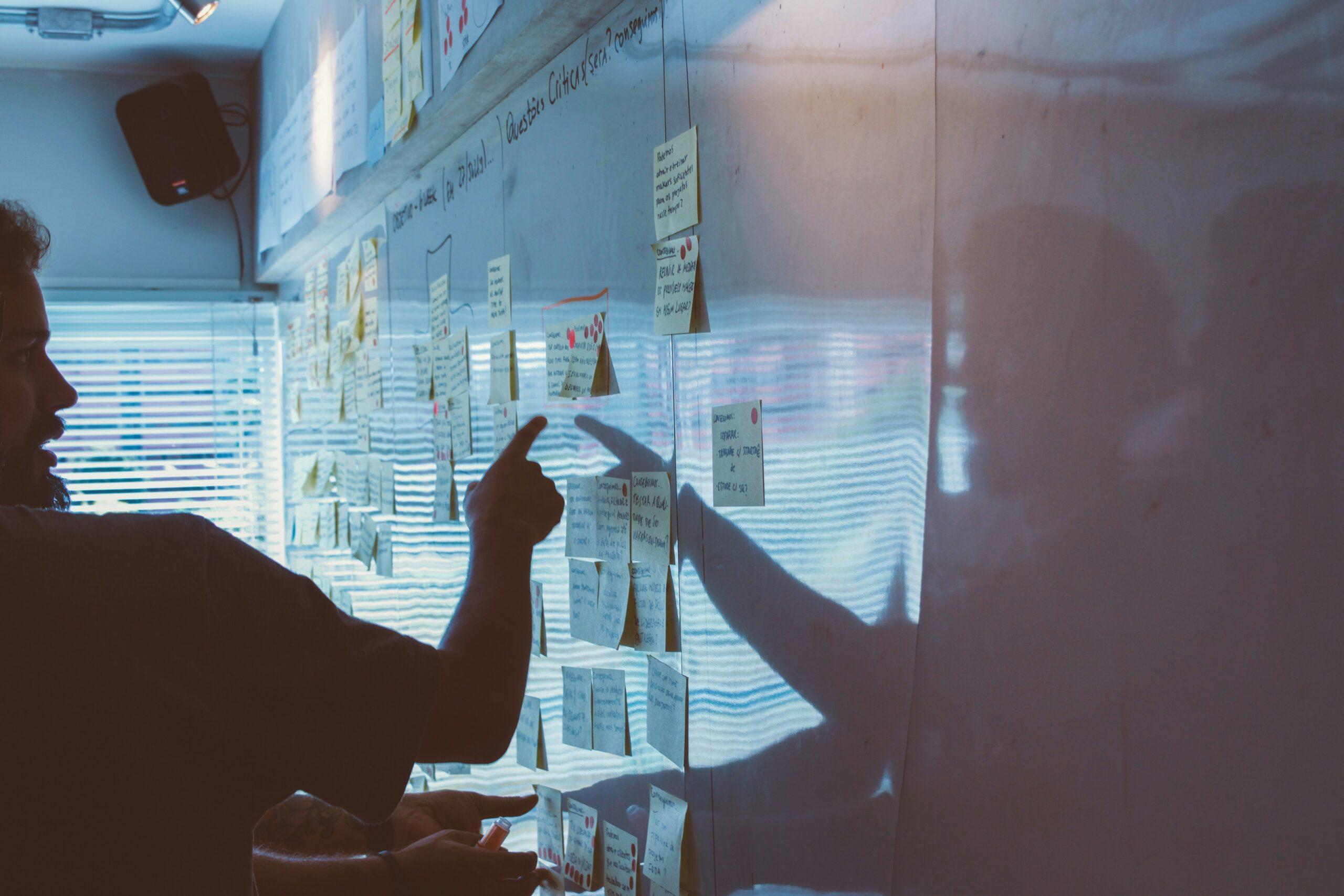From Fear To Power: How Women Can Thrive In Career Advancement With Public Speaking

Public speaking skills aren’t just a nice-to-have, they’re a total game-changer for millennial and Gen Z women professionals looking to level up in their careers. Having a unique and powerful perspective or being able to translate complex processes into engaging learning opportunities is definitely a super power, and it can be honed.
That being said, research has found that between 72% and 75% of adults fear public speaking, yet it’s of great significance to one’s career advancement. A recent study by the National Association of Colleges and Employers revealed that 80% of employers prioritize verbal communications skills when hiring.

I’ve held almost every role under the sun in print and digital media — from news desk intern, copy editor, page designer and section editor to events host, sales liaison, PR collaborator, and on to managing editor. The common denominator vital in that ascent: a push into public speaking.
And initially, I hated it. I liked playing the background until, to be honest, it just wasn’t working for me. There was a fear that was stifling my career fulfillment and could have potentially forced a major career change — and quarter-life crisis — in an ever-changing, super-competitive global media market.
So how do you embrace public speaking as a power skill, especially if you’re part of the glossophobia crew like I was? Try these tips to get you started:
Memberships To Build Public Speaking Confidence
Joining organizations like Toastmasters or National Speakers Association can offer you access to educational resources, along with networking and speaking opportunities to not only boost your confidence to speak in front of a crowd, but to learn from the best.
A friend of mine in PR found success doing this, joining a local club and utilizing their online courses. You can get an assessment, find a mentor or coach, and get your feet wet while finding ways to improve on your preparation, delivery, and ice-breakers. I also joined several professional organizations that often host conferences and look to their members to fill panels.
Volunteering is also clutch. Ask to be added to the next planning committee for a company event, conference, or training so that you can get a behind-the-scenes glimpse into the planning, see how speakers prepare for yourself, and boost your confidence that way.
Binging TED Talks And Other Inspirational Speeches

As a young professional working in the safe and exclusive cave that was copy editing, a journalism mentor of mine pulled me aside after a meeting in which I voiced an idea for an upcoming campaign. She saw that I had skills that expanded beyond making the creative works of others sing.
She’d assign me to cover conferences or panel events, and that’s where I really got empowered to come up front and use my voice. From there, I’d study how they spoke, what got the best reactions from crowds, and the takeaways that really resonated with me.
I’d then apply what I’d learned and observed to prep for my own opportunities — many of which I began being basically pushed into as I advanced in my career: addressing cohorts of new interns, introducing speakers at events I was tasked with co-hosting, lecturing as an adjunct professor, and eventually representing a company on a live TV news segment. (The TV gig was a big flop, might I add, but hey, you can’t be perfect at everything. The video evidence reminds me that practice and media coaching just can’t be skipped when doing live news TV for the first time.)
Create playlists of TED Talks from women you admire or follow YouTube channels for women who are dynamic speakers, offer public speaking tips, share their spoken word or poetry performances or who seem to slay every podcast or TV interview.
Throwing Perfectionism Out The Window And Prioritizing Wellness

Reflecting back on my initial desire to play the background, I now know that there was a huge mental health and wellness challenge I had to unapologetically face and challenge. I had a perfectionism complex, so being in the background, it was the safe move. Anything that would put me in the forefront would spark difficult but necessary personal growth, and that meant actually getting to the core of my fear and finding ways to overcome it.
And take this research into account: authentic leadership — when you’re transparent, compassionate, and take accountability — has been found to have a positive impact on teams (and people in general) when it comes to performance, fulfillment, and dynamic action. We see this on social as well, where “imperfect is the new perfect” and authenticity sells. Popularly successful public speakers like Lisa Nichols, Oprah Winfrey, Carla Harris and Brene Brown have all spoken to the power of being yourself and leaning into your own truth, whether it’s in how you speak, how you show up, or your unique outlook on something.
The TV failure I mentioned earlier was also tied to this, as I found myself trying to fake that stereotypical “newscaster voice,” squeezing into a dress that was the only so-called “TV-appropriate” option, wearing a very artificial-looking wig, and interacting with the host in a way that put him on a pedestal versus leaning into the subject matter expertise that got me invited in the first place. My authentic self would have worn a comfortable but chic pants suit, a tapered Afro haircut (a favorite go-to style back then), and sneakers. She would’ve also approached the questions like engaging in a coffee shop conversation and spoke in her usual strongly Southern-Caribbean lilt with confidence.
Public speaking is more than just a skill — it’s a power move for millennial and Gen Z women who want to elevate their careers and amplify their impact. In a world where confidence and visibility are vital in leadership and trust-building, embracing public speaking can definitely unlock opportunities to launch your full potential.






